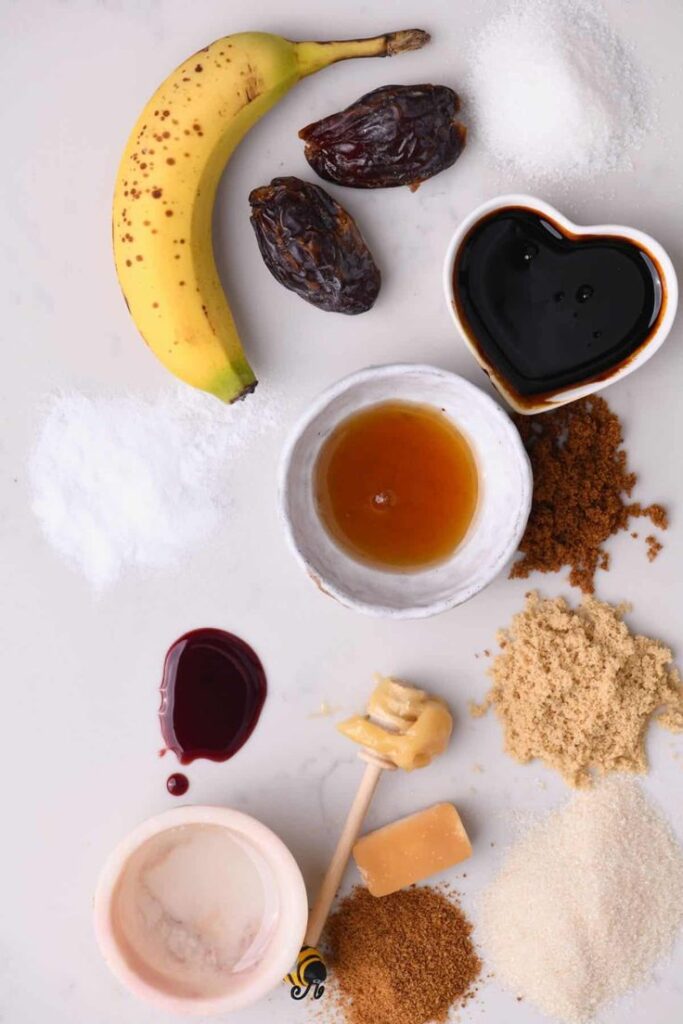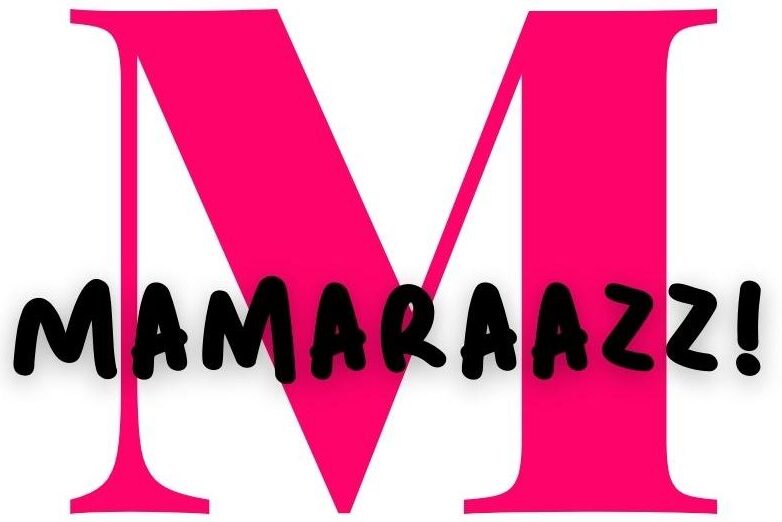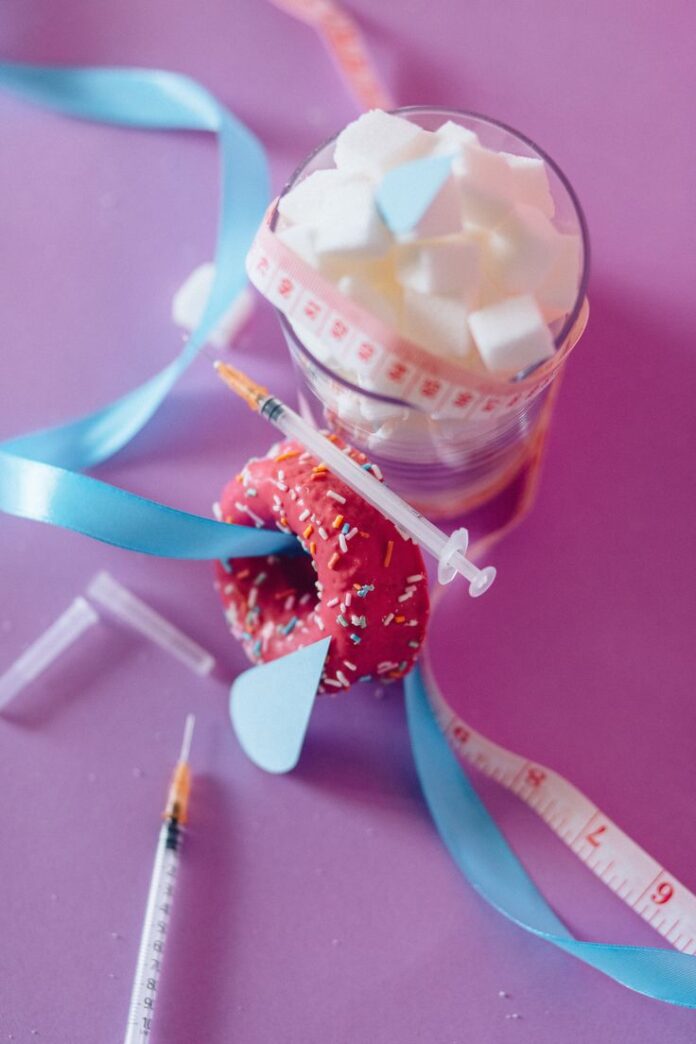Let’s face it, sugar is like that one friend who’s fun at parties but leaves you with a headache the next day. It’s sweet, addictive, and everywhere, hidden in your morning coffee, your favorite snacks, and even in that “healthy” granola bar. But as we grow wiser (and our waistlines grow wider), we start looking for alternatives. Enter sugar substitutes, the superheroes of the sweet world. But not all heroes wear capes, and not all sugar substitutes are created equal. Let’s break it down in style: simple, sassy, and straight to the point.
The Usual Suspects: Types of Sugar Substitutes
- Artificial Sweeteners (The Lab Babies)
Think of these as the sci-fi version of sugar. They’re synthetic, super sweet, and have zero calories. Examples include aspartame (found in diet sodas), sucralose (also known as sucrose), and saccharin.- Good for you? Well, they won’t spike your blood sugar, which is great if you’re watching your insulin levels (more on that later). But some studies suggest they might mess with your gut bacteria or make you crave more sweets. I think everything in moderation is fine, even the fake stuff.
- Good for you? Well, they won’t spike your blood sugar, which is great if you’re watching your insulin levels (more on that later). But some studies suggest they might mess with your gut bacteria or make you crave more sweets. I think everything in moderation is fine, even the fake stuff.
- Natural Sweeteners (The Earthy Ones)
These come straight from nature, like honey, maple syrup, and agave nectar. They’re less processed than table sugar and often come with bonus nutrients (like antioxidants in honey).- Good for you? Better than refined sugar, but they still have calories and can raise blood sugar levels. So, drizzle, don’t drown.
- Good for you? Better than refined sugar, but they still have calories and can raise blood sugar levels. So, drizzle, don’t drown.
- Sugar Alcohols (The Middle Ground)
Sugar alcohols are formed through hydrogenation, a process that converts sugar molecules into alcohols by adding hydrogen atoms. These are found in sugar-free gums and “low-carb” snacks. Examples include xylitol, erythritol, Maltitol, and sorbitol.- Good for you? They’re lower in calories and don’t spike blood sugar as much, but overdo it, and you might be running to the bathroom. Too much of these, and you’ll be attached to your toilet.
- Good for you? They’re lower in calories and don’t spike blood sugar as much, but overdo it, and you might be running to the bathroom. Too much of these, and you’ll be attached to your toilet.
- Novel Sweeteners (The New Kids on the Block)
These are plant-based and often marketed as “natural.” Stevia (from the stevia plant) and monk fruit extract are the stars here.- Good for you? Stevia is calorie-free and doesn’t affect blood sugar, making it a favorite for diabetics. Monk fruit is similar but pricier. It’s a bit fancy, but worth it if you’re cutting back on sugar.

The OG Alternatives:
- Brown Sugar, The Misunderstood Twin
It’s basically white sugar with a tan. It has a tiny bit of molasses, which gives it a richer flavor and a few trace minerals. But don’t be fooled, it’s still sugar.
Health Meter: 😬 No major benefits, just a fancier name.
- Jaggery, The Desi Superfood
This unrefined sugar is made from sugarcane or palm sap and is a staple in many Asian and African cuisines. It’s packed with iron, magnesium, and other nutrients, making it a healthier option.
Health Meter: 🏆 Jaggery is like the wise old grandma of sugars, less processed, more wholesome.
- Coconut Sugar, The ‘Healthy’ Sugar That’s Still Sugar
Made from coconut sap, it has a lower glycemic index than white sugar (meaning it won’t spike your blood sugar as quickly), but nutritionally, it’s still pretty similar. Great marketing, though!
Health Meter: 🌴 Slightly better than white sugar, but don’t start dumping it in everything. - Honey, The OG Sweetener
Raw honey is packed with antioxidants, enzymes, and antibacterial properties. It’s great for soothing sore throats and boosting immunity, but it still raises blood sugar. Use it wisely, unless you want a sugar crash mid-Zoom call.
Health Meter: 🍯 Healthier than refined sugar, but still sugar. - Dates, Nature’s Candy
If you need a natural sweetener with fiber, vitamins, and minerals, dates are the answer. They don’t spike blood sugar as quickly as refined sugar and are a great way to sweeten smoothies, desserts, or even your boring breakfast oats.
Health Meter: 🌟 One of the best natural sweeteners, but still, portion control!

So, Which Sugar is Best for Your Insulin Levels?
- Stevia: Zero calories, zero guilt. Perfect for sweetening your tea or baking.
- Monk Fruit: A bit pricey, but it’s natural and doesn’t spike blood sugar.
- Jaggery: A nutrient-rich option for when you want something less processed.
- Erythritol: Great for baking and doesn’t cause digestive issues (in small doses).
Why Choosing the Right Substitute Matters
Let’s be real, sugar is everywhere, and it’s easy to overdo it. But the type of sweetener you choose can make a big difference to your health. Refined sugars can lead to weight gain, diabetes, and heart disease. On the other hand, healthier substitutes can help you satisfy your sweet tooth without the nasty side effects. But, “Life’s too short to eat bad sugar. Choose wisely, sweetie!
Mama’s Verdict
At the end of the day, sugar is sugar, whether it’s white, brown, or dressed up in a fancy jaggery outfit. But if you’re going to indulge, make it count. Opt for natural, less processed options like stevia, monk fruit, or jaggery. And remember, moderation is key. You don’t have to give up sweetness entirely, just don’t let it take over your life.
Mama’s final words:
“If you’re going to be sweet, be smart about it. And if anyone tells you diet soda is healthy food, slap them with a celery stick.”
Stay sweet, stay healthy!


